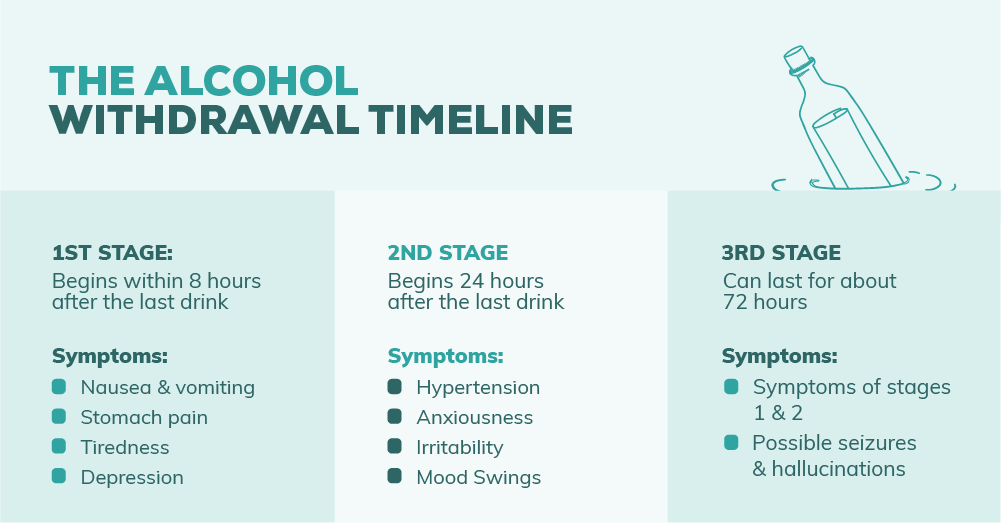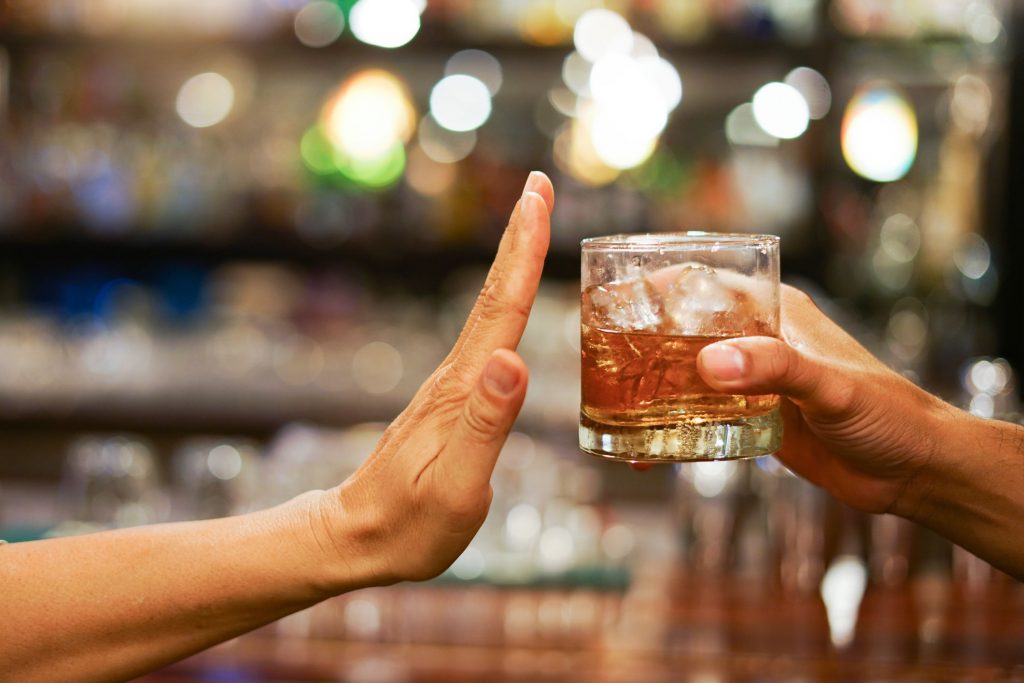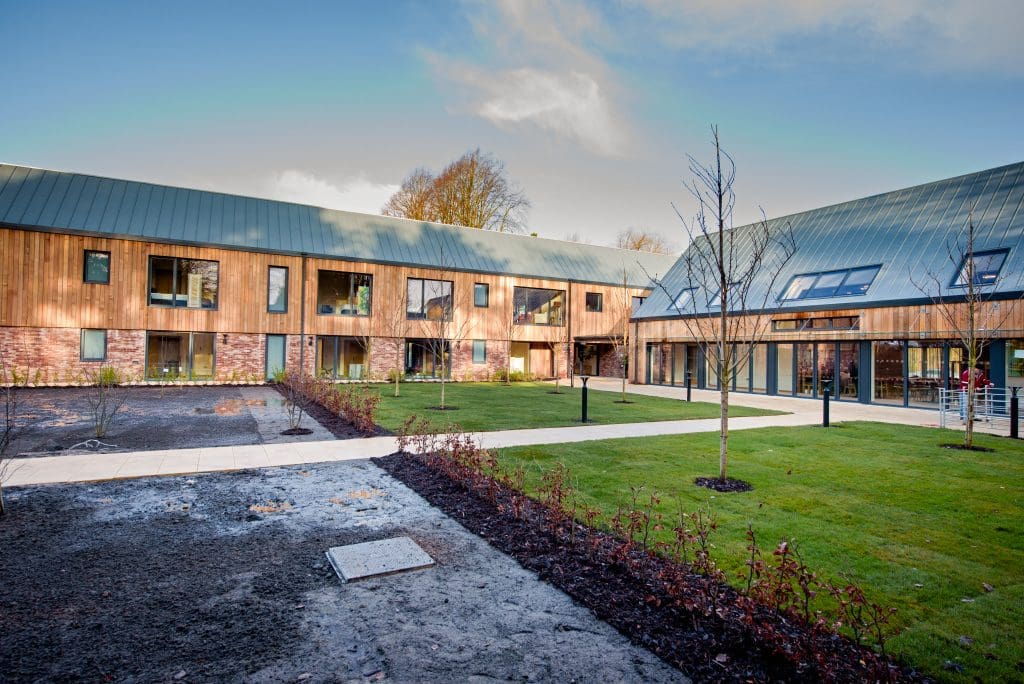-
Call Us: 0330 111 2015


Jump to a section ▼
› Introduction
› Is it safe for me to stop drinking?
› Am I alcohol dependent?
› Am I alcoholic?
› How to quit alcohol safely
› How to stay stopped from alcohol
› Treatment for stopping alcohol
Speak with our admission team
Call now on 0330 111 2015If you are worried about your alcohol intake and want to do something about it, then this page will offer some helpful and practical tips on stopping drinking.
Quitting alcohol is easy for some but for others it is incredibly difficult. If you are struggling to stop alcohol completely no matter how hard you try, it is possible that you are suffering from an alcohol use disorder (AUD). This being the case, you may well need help to stop drinking safely.
When planning to stop drinking alcohol, it is first important to establish the possibility of any alcohol dependence or addiction. This will affect how your method of stopping and the strategies needed to enable you to stay sober.
We at Delamere specialise in treating all forms of alcohol use disorders, including binge drinking, alcohol dependence and alcohol addiction. On a daily basis we help those that suffer with problematic alcohol use to successfully quit alcohol and stay sober on a permanent basis.
If you or a loved one suffer from a problem with alcohol and need help to stop drinking completely, our team of distinguished counsellors and therapists provide expert alcohol treatment. Call and speak with a member of our team today for a free of charge assessment and advice on how we can help you.
Whether it is safe for you to stop alcohol abruptly very much depends on how much you drink and how often you drink. If there is a chance you have an alcohol dependence then medical advice should be sought before stopping.
The following statements are designed to help you to self-diagnose alcohol addiction and alcohol dependence. This will enable you to determine the safest and most successful method of quitting drinking once and for all.
It is likely you are alcohol dependent if you identify with the following statements:
Being alcohol dependent means that it is not safe to suddenly stop drinking. You will need to have a plan in place at the very least. Clinically, the safest way to stop alcohol where a dependence is identified is to undergo a full medical alcohol detox. A medical alcohol detox suppresses the symptoms of alcoholic withdrawal and enables a safe and comfortable process.
Still unsure? Call our team of alcohol experts who will happily give you free and confidential advice.
 Detox safely in our medical facility
Detox safely in our medical facility
 Free collection
Free collection Future-proof
Future-proofIt is likely you are alcoholic if you identify with the following statements:
Identifying as someone who suffers from alcoholism or alcohol addiction means it is likely you will need professional help to stop drinking and to stay sober.
Alcohol addiction, also known as alcohol use disorder, is a very complex psychological and physiological condition. Alcoholism is classed under the DSM-5 manual as a chronic relapsing brain disorder, characterised by an impaired ability to control or stop drinking, despite adverse consequences to a person’s physical, mental, social or occupational wellbeing (1)
Alcohol addiction and alcohol dependence are both very serious conditions that often (but not always) go hand in hand. If you are JUST alcohol dependent, you may well need medical help to enable you stop drinking safely. Once the alcohol has been stopped, you will find no problem in staying away from it. If on the other hand you suffer from alcohol addiction, staying stopped will be extremely difficult, if not impossible.
Drinking heavily and frequently causes your body and brain to become physically dependent on alcohol. Quitting alcohol abruptly will cause your body to react in a number of ways. If symptoms of alcohol withdrawal are not medically managed they can not only become extremely unpleasant – they can become life threatening.
Symptoms of alcohol withdrawal range from mild to severe. The more you drink and the longer you have been drinking heavily for, the more severe symptoms tend to be.

Symptoms you may experience on quitting alcohol include:
The timeline of alcohol withdrawal starts within hours of stopping alcohol and peaks within the first 2 to 3 days. Generally symptoms start to improve within 5 to 7 days. In cases of heavy alcohol dependence, symptoms can become protracted and come and go for weeks, even months after stopping alcohol completely.
At Delamere we provide a full medical detox tailored to your individual drinking habits. Our alcohol detoxes are conducted within our private, purpose-built detox facility, nestled in Cheshire’s secluded woodlands. Here, you will be cared for 24/7 by qualified nurses, doctors and counsellors, ensuring your comfort and safety every step of the way.
How you manage to stay stopped once you have successful managed to quit drinking will very much depend on whether or not you suffer from addiction. Those that suffer from addiction often immensely benefit from undergoing a comprehensive alcohol rehabilitation programme.
An alcohol rehabilitation programme should address the underlying causes of your alcohol abuse using evidence based treatments delivered by qualified counsellors. The programme should also teach you about alcoholism and in-still essential relapse prevention techniques and coping strategies.
For many that suffer from alcohol addiction it is necessary for them to undergo comprehensive residential treatment to enable them to stay sober in the long term. You can find out more about how we treat alcoholism at Delamere by calling and speaking to a member of our team.
If you want to quit drinking at home, first of all ensure you do it safely. Always seek medical advice if there is any possibility you are alcohol dependent.

It is important to have a plan in place to help you stay completely stopped from alcohol
Not everyone is able to stop drinking alcohol at home. Some require medical intervention and a stay in a residential treatment facility. If this applies to you or someone you know, Delamere offer first class addiction treatment within our purpose built addiction treatment and behavioural wellness facility.
At Delamere we understand that no two people are the same, therefore every treatment programme and treatment we deliver is tailored specifically to each guest (medically, psychologically, physically, emotionally, socially and holistically)
We combine traditional evidence based treatment methods with thoroughly researched and proven innovative holistic treatments. With us, you can expect an interesting, immersive and varied treatment programme that will enable you to completely transform and grow beyond your addiction. Call us to find out more.

References:
Start your recovery journey by calling our admissions team today.
Confidential. Straightforward. Friendly.